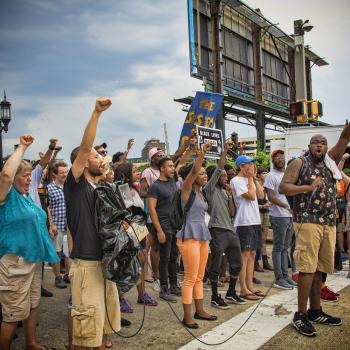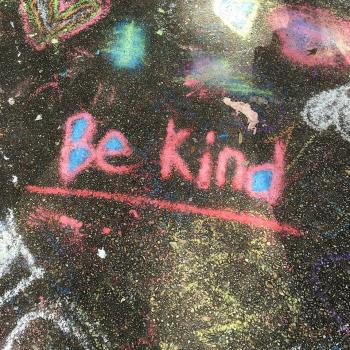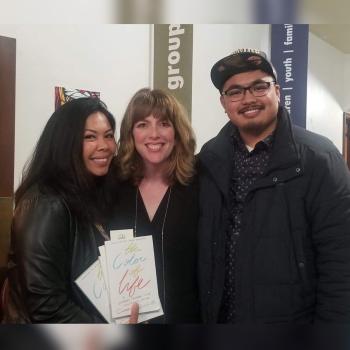If you subscribe to my monthly newsletter, you know that in February I posted a liturgy of lament.

A couple of months back, a church in Kirkland, Washington asked me to come and preach on the topic of forgiveness, as it relates to racial justice and reconciliation. And as the days and weeks approached, I kept wondering what I could really say about the topic that would actually be helpful.
If you’ve been around these parts for any amount of time, you know that when it comes to entering into conversations of race and justice, I think the conversation best happens in a communal sort of dialogue – which in my context means partnering with people of color in order to listen and learn from the kinds of stories that change us.
This has encompassed much of my job over the last year, and not only has it changed the way I enter into the conversation, but it’s further change the way I view storytelling.
After all, it’s an honor to listen and hold and be changed by the stories of other people.
It’s an honor, indeed.
But just because my book and the conversations that have come of it center around the kinds of things a whole lot of folks are wrestling with for the first time that I’ve in fact been wrestling with for a longer amount of time doesn’t mean I’ve got it all figured out, nor does it mean that I’m an expert in the subject.
In fact, if nothing it only further points to the fact that I’m still listening and learning and listening some more, like I always will be – that I’m still growing and changing and saying I’m sorry, just like you are, I imagine.
So, when it came to preaching a month ago, there wasn’t a whole lot I could say from the front of the room but to usher the community into lament. After all, lament is not meant to be solitary, but lament is intended to be like a chorus of rising voices, crying out together.
And the Sunday we spoke this truth together was powerful, just as this last Tuesday proved powerful when a small faith community near me prayed these same prayers.
Curious as to the liturgy? Here it is:
We admit that we have not committed ourselves to learning, so…
We commit ourselves to learning.
We admit that we have not committed ourselves to listening, so…
We commit ourselves to listening.
We admit that we have not committed ourselves to just doing something, even when we get it wrong, so…
We commit ourselves to just doing something, even when we get it wrong.
We admit that we have not committed ourselves to forgiveness, so…
We commit ourselves to forgiveness.
We admit that we have not committed ourselves to kindness, so…
We commit ourselves to kindness.
We admit that we have not committed ourselves to messiness and discomfort, so…
We commit ourselves to messiness and discomfort.
We admit that we have not committed ourselves to letting go of power (so we might wee the rising and flourishing of those we’ve denied power), so…
We commit ourselves to letting go of power.
We admit that we have not committed ourselves to prayer, so…
We commit ourselves to prayer.
We admit that we have not committed ourselves to cross-racial friendship, so…
We commit ourselves to cross-racial friendship.
We admit that we have not committed ourselves to empathizing with those whose experiences are different from our own, so…
We commit ourselves to empathizing with those whose experiences are different from our own.
Amen.
As you can guess, I said the first part and we all spoke aloud the second, bolded part. We also did this without the help of PowerPoint or even a handout, our own messy memories the only help to guide us.
And friends? It was powerful and it was beautiful, because joining into lament – including the ways we’ve too often gotten it wrong – matters.
More and more, lament is becoming something I practice regularly, even if it’s not the first thing I want to do with my prayer life or with those fleshy humans I call the beloved community.
But it’s something that changes me, that’s for sure. And it’s something that brings me closer to the heart of God.
Or so I can only hope.
—
What is lament to you? Also, the best resource I’ve ever read on the subject is Prophetic Lament by Soong Chan Rah. Do pick it up if you haven’t already.
*Post contains Amazon Affiliate links













